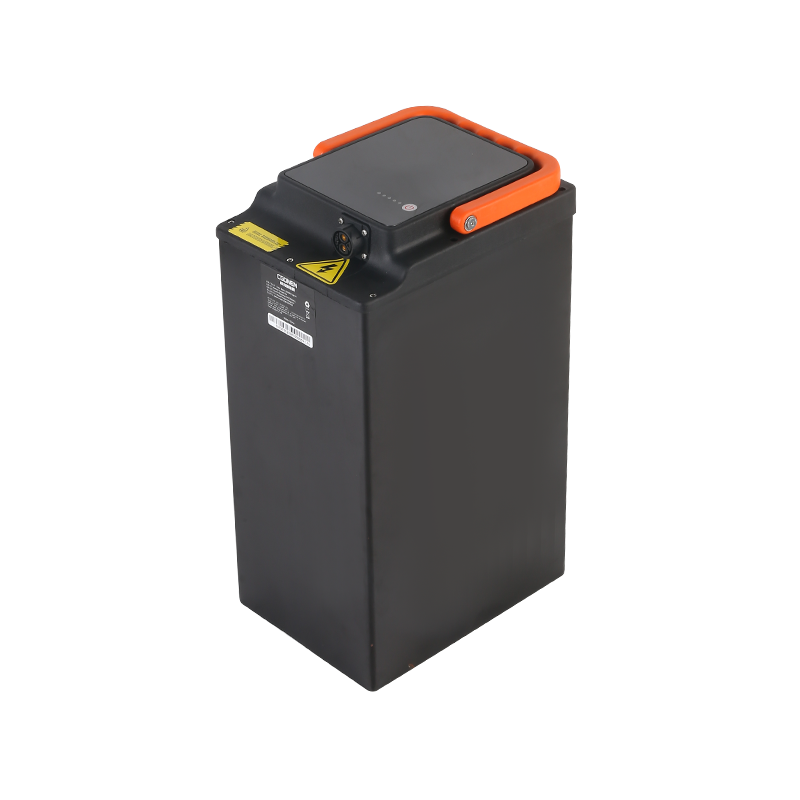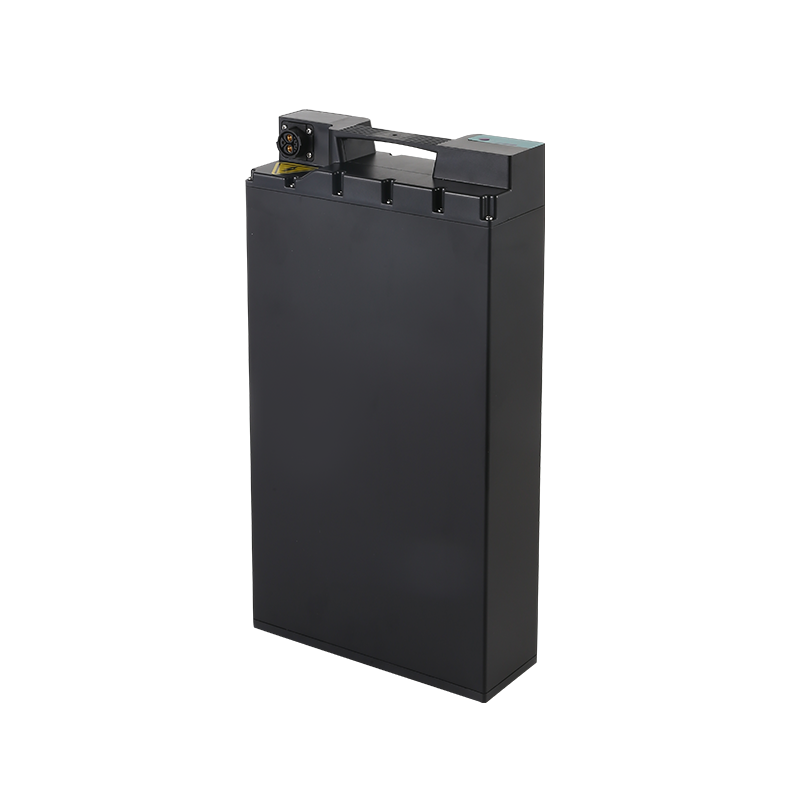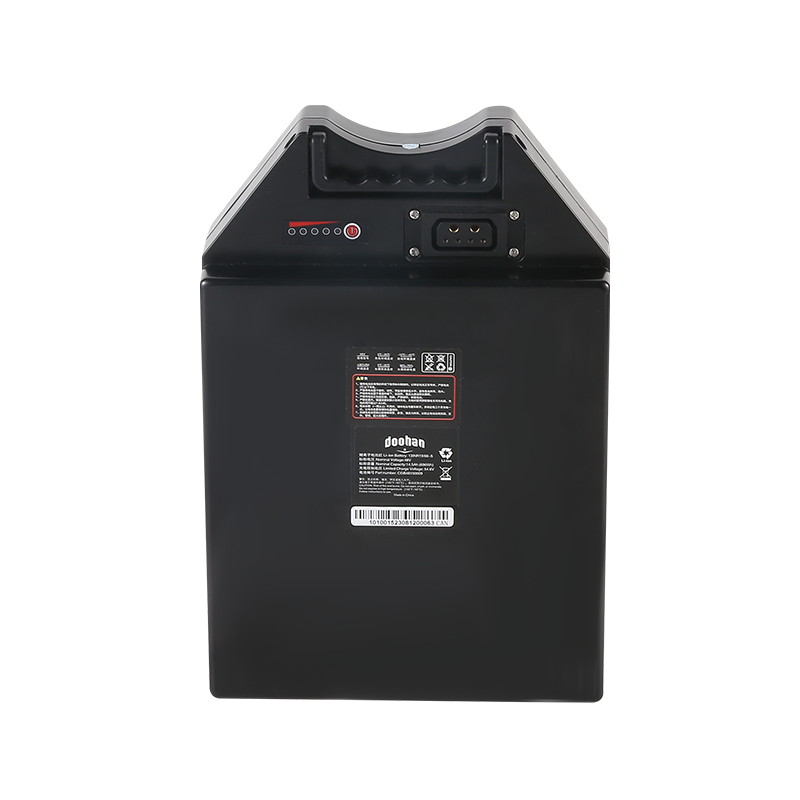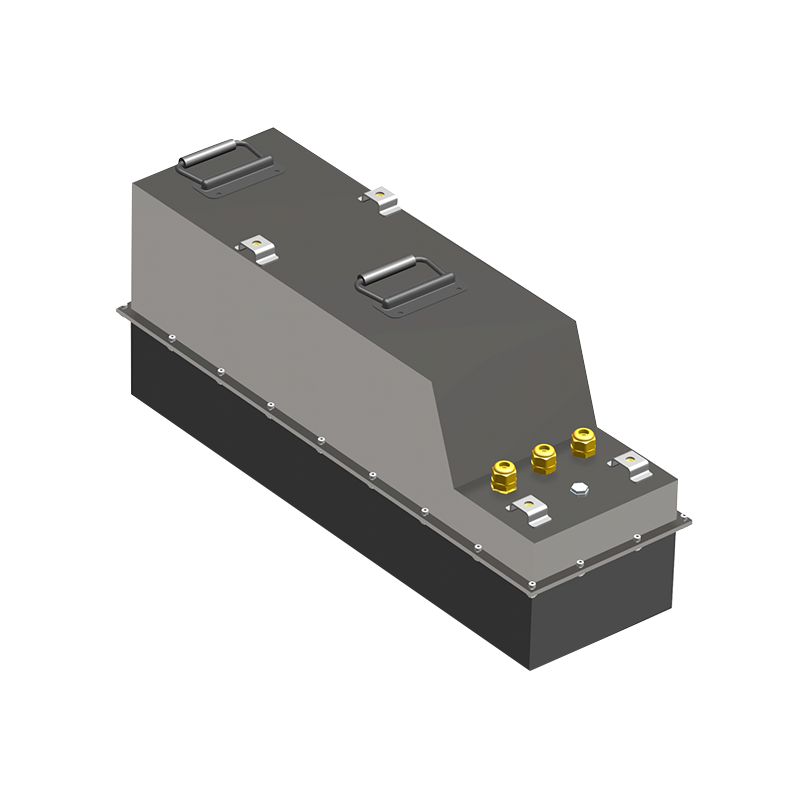Web Menu
Product Search
Exit Menu
The Rise of Lithium Ion Cell
In the rapidly advancing field of energy technology, a significant milestone has been reached with the development of next-generation Lithium Ion Cell technology. This innovation promises to revolutionize the way we store and use electricity, offering a more efficient, safer, and environmentally friendly solution for a wide range of applications, from consumer electronics to electric vehicles.
The Lithium Ion Cell, a type of rechargeable battery, has been the backbone of portable electronics for decades. However, recent advancements have pushed the boundaries of what was once thought possible. Engineers and scientists have been working tirelessly to overcome the limitations of traditional Lithium Ion Cells, pilot to a new era in energy storage.
One of the key challenges in the development of Lithium Ion Cells has been the quest for higher energy density. The new generation of cells boasts a significant increase in energy density, allowing for smaller, lighter batteries that can hold more power. This is a game-changer for the electric vehicle industry, where range anxiety has been a major obstacle for widespread adoption. With these advanced Lithium Ion Cells, electric cars can now travel further on a single charge, making them a more viable option for consumers.
Safety has always been a paramount concern with Lithium Ion Cells, especially with incidents of battery fires making headlines. The new technology includes innovative safety features that significantly reduce the risk of thermal runaway. These improvements are achieved through a combination of advanced materials, improved cell design, and sophisticated battery management systems.
Environmental impact is another area where the new Lithium Ion Cell technology excels. As the world moves towards more sustainable energy solutions, the need for eco-friendly batteries has never been greater. The latest cells are designed with recycling and reduced environmental footprint in mind. This not only helps to mitigate the impact of battery production on the planet but also ensures that the materials used in these cells can be more easily recovered and reused, contributing to a circular economy.
The versatility of Lithium Ion Cells is also a key factor in their widespread adoption. From smartphones to laptops, electric scooters to grid storage, these cells are now more efficient and reliable than ever before. This versatility is made possible by the modular nature of Lithium Ion Cells, allowing them to be scaled up or down to meet the specific power needs of any application.
As the demand for renewable energy sources grows, the role of Lithium Ion Cells in energy storage becomes increasingly critical. Solar and wind power are intermittent, and without efficient storage solutions, much of the generated energy can be lost. The new generation of Lithium Ion Cells offers a reliable and scalable solution to this problem, enabling the effective storage of renewable energy for use when the sun isn't shining or the wind isn't blowing.
The rise of Lithium Ion Cell technology is a testament to human ingenuity and the relentless pursuit of progress. These cells represent a significant leap forward in energy storage, offering a solution that is more efficient, safer, and environmentally friendly. As the world continues to grapple with the challenges of climate change and the need for sustainable energy solutions, the role of Lithium Ion Cells will only become more critical. With ongoing research and development, the future of energy storage looks brighter than ever, and the Lithium Ion Cell is at the heart of this exciting new era.
-

+86-13049701086
-

Stonehuang@CGONEN.com
-

No.88, Huji Road, Taizhou Bay Binhai New Area, Jiaojiang District, Taizhou City, Zhejiang Province, China











